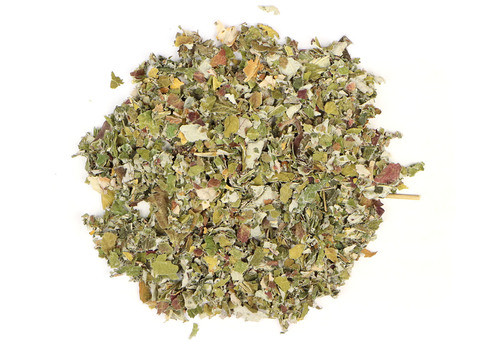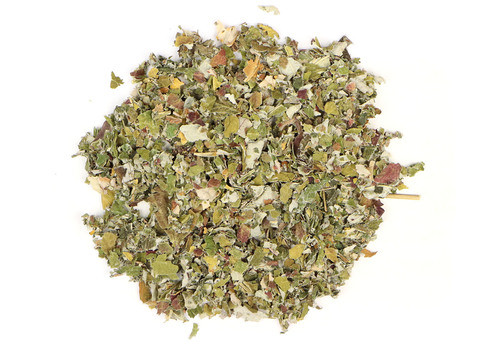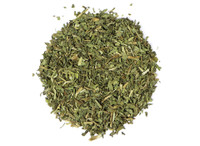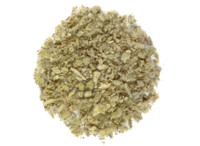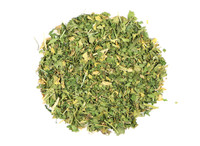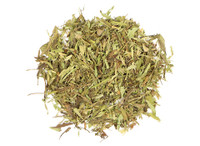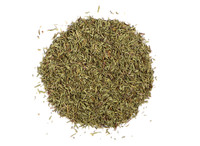-
Product Description
COMMON NAME
Standardized: raspberry
Other: red raspberryBOTANICAL NAME
Rubus idaeus L. ssp. idaeus
Plant Family: RosaceaeOVERVIEW
Raspberry leaves are among the most pleasant-tasting of all the herbal remedies, with a taste much like black tea, without the caffeine. Raspberries were said to have been discovered by the Olympian gods themselves while searching for berries on Mount Ida. Raspberries are indigenous to Asia Minor and North America, with the first real records of domestication coming from the writings of Palladius, a Roman agriculturist. By Medieval times it had a great many uses, including the juices which were used in paintings and illuminated manuscripts. King Edward the 1st (1272-1307) was said to be the first to call for mass cultivation of raspberries, whose popularity spread quickly throughout Europe. Teas of raspberry leaves were given to women of the Cherokee, Iroquois, and Mohawk nations in North America, and have earned approval of the authoritative British Herbal Compendium.PARTS USED
Dried leaf.TYPICAL PREPARATIONS
Tea. To make raspberry leaf tea, pour 1 cup (240 ml) of boiling water over 1 or 2 teaspoons (3-5 grams) of dried leaf. Close the teapot and allow to stand for 10 minutes, then sweeten to taste. During pregnancy, drink 2 to 3 cups daily. Drink warm.Many herbal teas include raspberry to "stabilize" the other ingredients. May also be taken as a capsule, though rare.
PRECAUTIONS
No known precautions.
We recommend that you consult with a qualified healthcare practitioner before using herbal products, particularly if you are pregnant, nursing, or on any medications.This information has not been evaluated by the Food and Drug Administration. This product is not intended to diagnose, treat, cure, or prevent any disease. For educational purposes only.
Source: Mountain Rose Herbs
-
Product Reviews
-
Find Similar Products by Category

